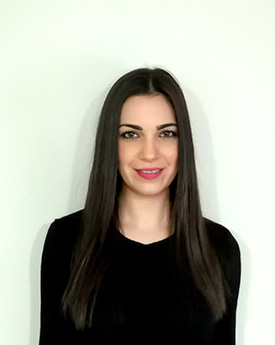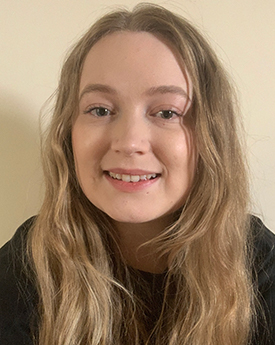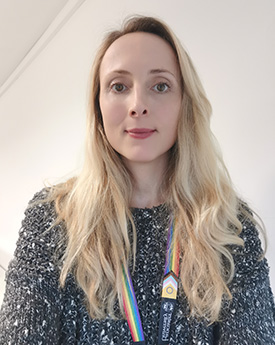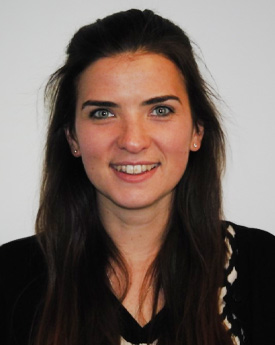About us
The Social Processes Research Group explores the role of Trust, Identity, Morality and Ethics (TIME) in a number of key societal challenges. These include policing in the digital age; deep fake detection; bystanders and public safety; human-animal relations; climate change mitigation; emergency response and human-machine interactions.
We specialise in the psychologically informed analysis of digital data – including digital visual data (CCTV, body-cam, smartphone videos, face recognition, deep fake detection); natural language data (from social media, social network, blogpost data); smartphone and ambient sensor data (including location, orientation and usage data) as well as studies using virtual reality or whole-body motion capture technology in the laboratory.
We value methodological plurality – and conduct research using both quantitative and qualitative methods. We were early and enthusiastic adopters of open science practices to guide our research work. We are also at the forefront of research exploring the ethics and values in the use of digital data and new computational techniques.
Members of the Social Processes group play a leading role in several UKRI multi-million pound Network Plus initiatives including: NABS+ (Network Plus for Analytical Behavioural Science for security and defence); SPRITE+ (Security, Privacy, Identity and Trust Engagement); TAS Node in Resilience (Trustworthy Autonomous Systems); RBOC Network Plus (Resilience Beyond Observed Capabilities).
Our research is funded by the Economic and Social Research Council (ESRC), the Engineering and Physical Sciences Research Council (EPSRC), the Wellcome Trust as well as government agencies, industry and other charitable institutions.





























